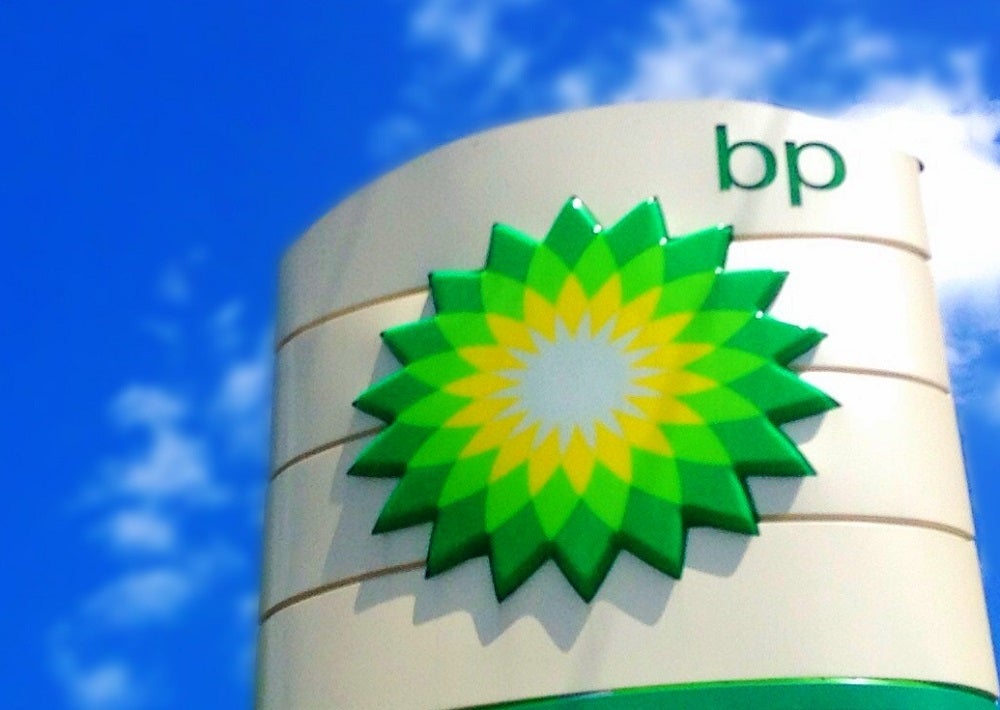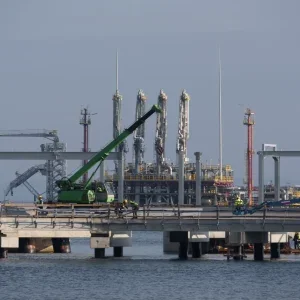
BP has maintained its first-quarter dividend, despite recording a $1.6bn underlying earnings drop during a period in which coronavirus has ravaged oil markets and exerted huge pressure on producers.
The UK oil major will pay shareholders 10.5 cents per share for the first three months of the year – defying some expectations that it could choose to follow Equinor’s example and restrain the dividend as a cost-saving mechanism amid the coronavirus-related turmoil that has hit global markets.
Underlying replacement cost profit – the firm’s net income measurement – stood at $791m for the first three months of the year, compared to $2.36bn in the same period of 2019.
After an initial plunge in early day trading, BP’s share price has rebounded to around 318 pence per share.
BP maintains dividend despite first-quarter shocks on scale ‘never seen before’
This 66% decline in earnings reflects the severity of the impact Covid-19 has had on the oil industry, with demand decimated by travel restrictions and economic lockdowns merging with an already-oversupplied marketplace to drive down commodity prices to record lows and push storage infrastructure to its limits.
It is also a reminder of the extent of the problems faced by the firm’s new CEO Bernard Looney, who walked into the top job in early February with a grand plan to reposition the oil giant as a net-zero energy company of the future, but has since been fighting against the onslaught of the coronavirus pandemic.
He said: “Our industry has been hit by supply and demand shocks on a scale never seen before.
“We are focusing our efforts on protecting our people, supporting our communities and strengthening our finances – reinforcing liquidity, rapidly reducing spending and costs, driving our cash balance point lower.
“We remain committed to delivering our net-zero ambition.”
BP expects pandemic impact to extend into second quarter
BP said its earnings during the period were hit by low commodity prices, “demand destruction” in its downstream business, particularly in March, and a lower estimated result from its stake in Rosneft – the Russian state-backed integrated energy firm.
The firm reported an historical loss attributable to shareholders of $4.4bn for the quarter, compared to $2.4bn profit in the same three months of 2019, largely driven by inventory holding losses of $3.7bn, which were impacted by the huge fall in oil prices during March.
Net debt rose significantly to $51.4bn, a $6bn increase compared to the previous quarter, while its gearing ratio stood at 36.2%.
BP’s chief financial officer Brian Gilvary said: “We are dealing with an exceptionally challenging environment and the unprecedented effects of demand destruction and price impacts that can be seen in these results are expected to continue through the second quarter.
“Despite this, our underlying businesses performed well in the first quarter, although our headline results were impacted by foreign exchange as well as price effects at the quarter-end.”
Like most of its market peers, BP has embarked on a range of cost-saving measures to insulate itself from the worst effects of the market crisis – announcing at the start of this month a 25% reduction in capital spending plans for the year, a saving of $12bn.






